In this series, we interview the founders and CEOs behind Metaverse companies. The metaverse is fully in development, and many different technologies are involved in this process. These inspiring people are at the frontier of developing a future where the online and physical worlds merge.
In this article, we’ll be interviewing Yurii Filipchuk. As CEO and co-founder of Party.Space Yurii has been able to leverage the power of the metaverse to bring people together in innovative 3D spaces. The Party.Space system can do everything from increasing employee engagement to hosting a variety of entertaining activities.

Can you tell us a bit about yourself?
My name is Yurii Filipchuk. I’m the CEO and co-founder of the Party.Space metaverse platform for virtual events in a web browser. I was born in Kyiv, Ukraine, and now live in San Francisco, USA. I’m a metaverse expert and financier with six years of experience in both crypto and traditional markets. I started my career off with standard banking and then moved into investments. But my entrepreneurial spirit won out in the end. I also run a newsletter on LinkedIn called “Metaverse: Behind the Buzz” which provides insights into the metaverse industry.
What is the metaverse, according to you?
The metaverse is not a single product, like Meta’s apps. Nor is it an operating system like Microsoft Windows or hardware like Apple’s iPhone. The metaverse is an Internet of experience. It’s а 3D world where people can interact with each other and virtual objects in real-time, play games, have collective social experiences, buy and sell things, study, party, and more. It’s a virtual, immersive, environment that can be accessed by users from anywhere and at any time.
When and how did you realize the metaverse was going to be real?
I enjoyed reading science fiction in my youth. I spent hours exploring books written by Isaac Asimov, Robert Sheckley, Neal Stephenson, Dan Simmons, and Peter Watts. I grew up with a vision of the future. One that’s popped up everywhere with an interactive, spatial, and incredibly immersive Internet. And today we can see that these futuristic worlds created by science fiction authors have started to become our usual reality. It’s incredibly exciting.
According to you, what does it take for the metaverse to become mainstream?
Even though the metaverse is popular today, there are two main points stopping it from being widely accepted and used – accessibility and standardization. Big philosophical questions about the metaverse are fascinating but ultimately academic if people don’t have access to this virtual world. You need VR hardware to get to most metaverse platforms, but there are still a lot of issues with it.
Modern VR headsets are expensive, clunky, and might cause adverse health consequences like eye strain or dizziness. Plus, there are not enough headsets in production to supply the entire world. That means even if everyone is ready to buy VR equipment to become active metaverse users it still wouldn’t be feasible. This is why I believe that browser-based metaverse products, such as Party.Space platform for virtual events in particular, are the most appropriate format for the current time. Metaverse developers need to decide where the industry is going and how to deal with the accessibility issues on a long-term global scale.
The second important point is standards. There are no settled rules or principles in place to describe how this sphere should function as it develops. For example, privacy, data protection, and guidelines for appropriate behavior and conduct still need more consideration. I believe that the metaverse will become mainstream when these concerns are resolved.
It will be built on inspiring use cases and applications while being enhanced by the maturation of related technologies. This will include innovations such as 5G, computer vision, immersive technologies, and digital currencies. Product creators will be presented with new opportunities and challenges for customer and partner interactions as these technologies grow.
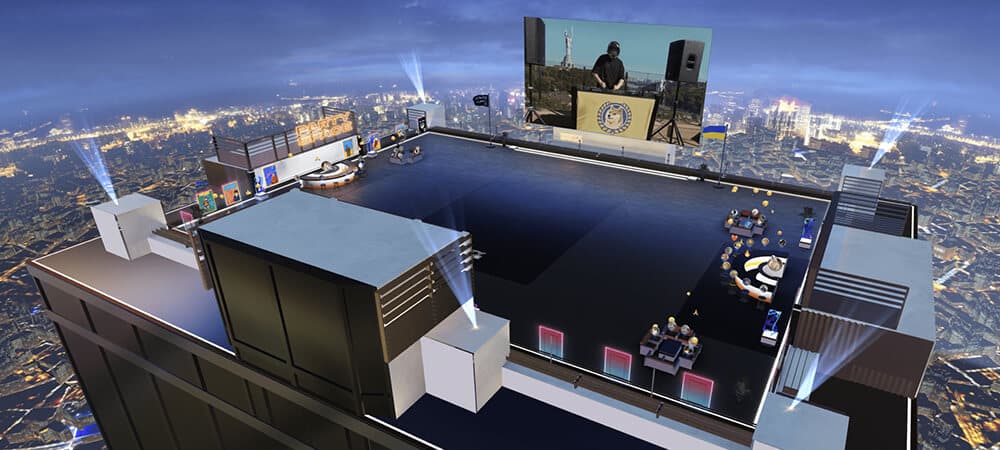
What triggered you to start your metaverse company?
Many corporate accounts reevaluated how they used their workplaces to conduct meetings after the COVID-19 pandemic started. My colleagues and I noticed that video conferencing lacked interactivity and engagement. This sparked the idea of Party.Space, a platform that would gamify online meetings and offer virtual social experiences. I, Arthur Ostapenko, and Dmitry Zvada (co-founders of Party.Space) wanted to make a video chat platform that’s both fun and easy to use. We identified the painful areas of traditional video conferencing platforms. And we understood that we needed to create something that would solve these problems with an intuitive interface and a simple setup.
What’s the story behind your company?
Our team initially developed a 2D version of Party.Space without a thought about the metaverse. But we closed our first major contract with a leading music streaming company three months after our launch. We hosted a successful event for 5,000 attendees who spent over 132 minutes on our platform. This client challenged us to transform Party.Space into a 3D model – which we did. This experience solidified our commitment to elevating the gamification of video conferencing to new heights.
The realization that customers are interested in virtual events hosted on our platforms would lead us to formulate a new strategy. We also understood that our events could help strengthen companies’ corporate culture. Most HRs and business owners didn’t know how to maintain their team spirit when the need for remote work hit. However, Party.Space offered a place where they could gather, have fun, and engage in true virtual experiences (not Zoom “parties” with turned-off cameras). The platform lets you move around the virtual space, use video conferencing tools and spatial audio to talk with your colleagues, perform on stage, play games, or even host a quiz. Interestingly, just as we were working towards executing this plan, Mark Zuckerberg announced that Facebook is now Meta.
This unexpected boost worked in our favor as Party.Space started being referred to as a metaverse platform. This is because our platform is a shared space where users can interact with each other and the environment in real-time. Likewise, it’s one that can be accessed through multiple platforms including desktop computers and mobile devices. And it’s a system that can handle a large number of users and virtual assets without compromising on performance or the user experience.
We would go on to develop our pilot virtual office product. This was accomplished by working together with the architectural bureau MONO Architects so that companies can rent it long-term and use it on a daily basis. And we recently launched a new brand powered by Party.Space called Townhall Space. It specializes in hosting corporate events in the metaverse. Party.Space focuses on entertainment such as virtual parties and informal gatherings. But we’re also working on an innovative new project – a virtual meeting room with integrated Generative AI mechanics. There are plenty of meeting room analogs in the market, but none which combine the metaverse and AI like this. Users can control the tone of the meeting and change the skybox with AI-generated images.
What does your company solve?
We bridge the gap between the Zoom of today and the Metaverse of the future. Party.Space and its products combine the best of these technologies to create an immersive and interactive experience. Think 3D worlds instead of Zoom layouts, interactive tables instead of breakout rooms, and gamification instead of boredom. We want to show people that the metaverse isn’t rocket science. On the contrary, it’s a great digital tool that’s easy to use and work with.
John Radoff describes the value chain of the metaverse with 7 layers. In which layer(s) does your company operate? Can you give an example?
Party.Space belongs to the experience layer. We focus on transforming the lonely online experience our clients would have had in Zoom into an interactive and social one. We help to erase geographical borders so that remote teams can immerse themselves into a virtual environment and interact with colleagues. As a result, our metaverse events help to increase employee engagement and strengthen relationships between colleagues in remote teams. Apart from the corporate gatherings we also host non-formal parties, quizzes, and more. Party.Space aims to deliver the best experience our guests can possibly have at an online event.
Who were the people who have been the most helpful in getting you to where you are today? How did they impact your life and your success?
My first nanny was also the first significant figure to nourish my character and personality. She was an elderly, very wise, Jewish woman. I am grateful to her to this day as she showed me how to be a good person. Later, when I started to work as an employee, I always felt lucky to meet great professional mentors. Michael Kharenko has been the most important among them. He’s a successful dealmaker and partner at Sayenko Kharenko.
Michael has been attracting investments to Ukraine for over 20 years by organizing large international deals worth over USD 40 billion. His deals are considered some of the most innovative and complex in Ukraine’s history. Michael Kharenko was also the first angel investor of Party.Space. It’s overwhelming when your mentor believes in and supports your business idea.
What do you hope the metaverse will look like in 10 years?
It’s hard to precisely predict what will happen with the metaverse as the sphere is still actively transforming. We can expect the metaverse to become an essential part of our usual way of life. It’s safe to assume that in the future the metaverse format will be one of the standard options for things like going to a concert or shopping.
And thanks to emerging technologies like VR, AR, AI, and Neuralink, we don’t have to wait for technology enablers – we’re becoming one. I don’t think the virtual world will replace our offline lives, and it definitely shouldn’t. But, hopefully, the metaverse will be more accessible and become a great tool for people and businesses globally.
How do you envision your company’s role within the metaverse in 10 years?
Our goal is to become an essential engine for businesses, organizations, communities, and anyone who wants an immersive metaverse experience. Whether we’re talking about virtual events or regular workflow in virtual environments. We envision a future where the metaverse will provide endless opportunities for collaboration, learning, entertainment, and socializing. And all of that within a seamless digital space. We aim to create a user-friendly and accessible space that can help businesses and individuals achieve their goals in a virtual world through Party.Space as a metaverse platform.


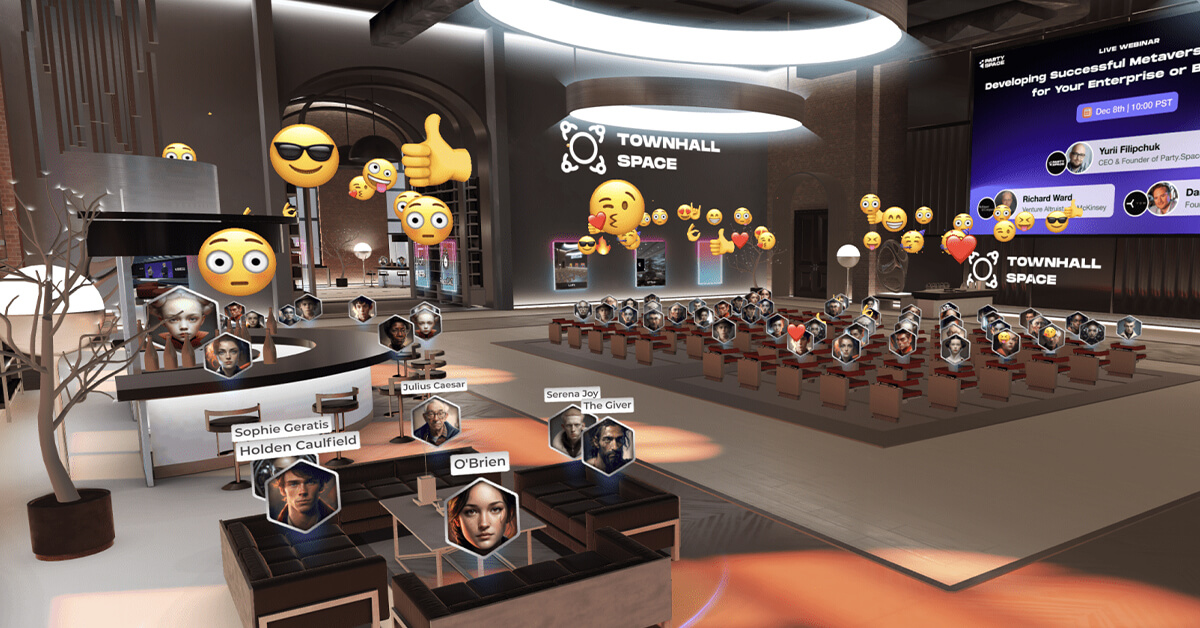
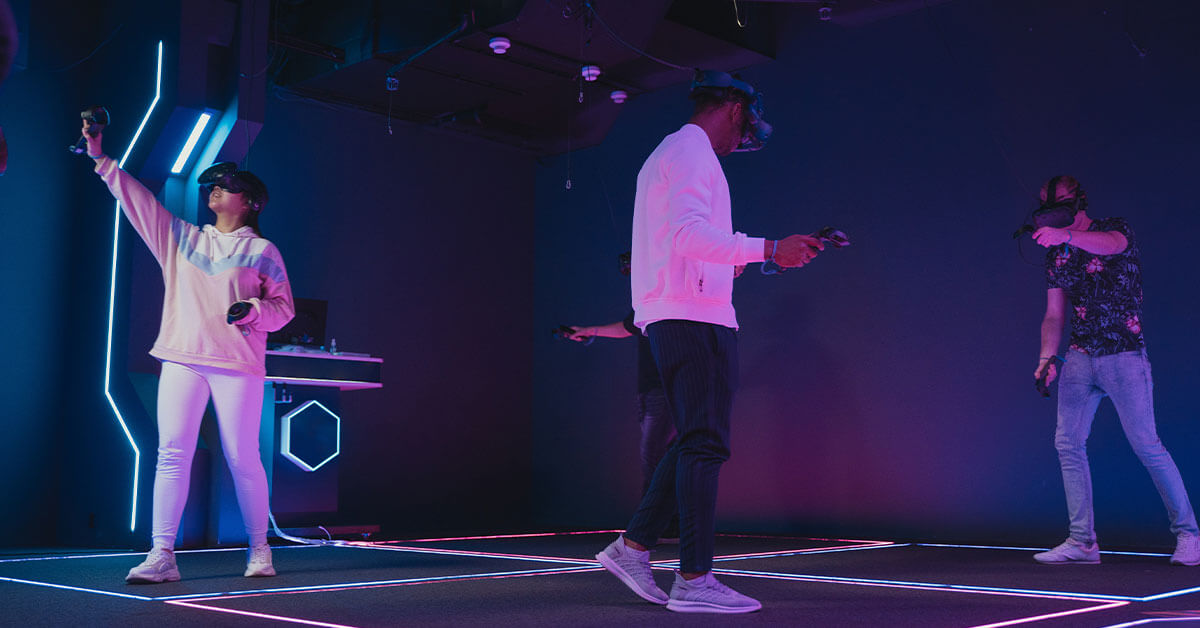

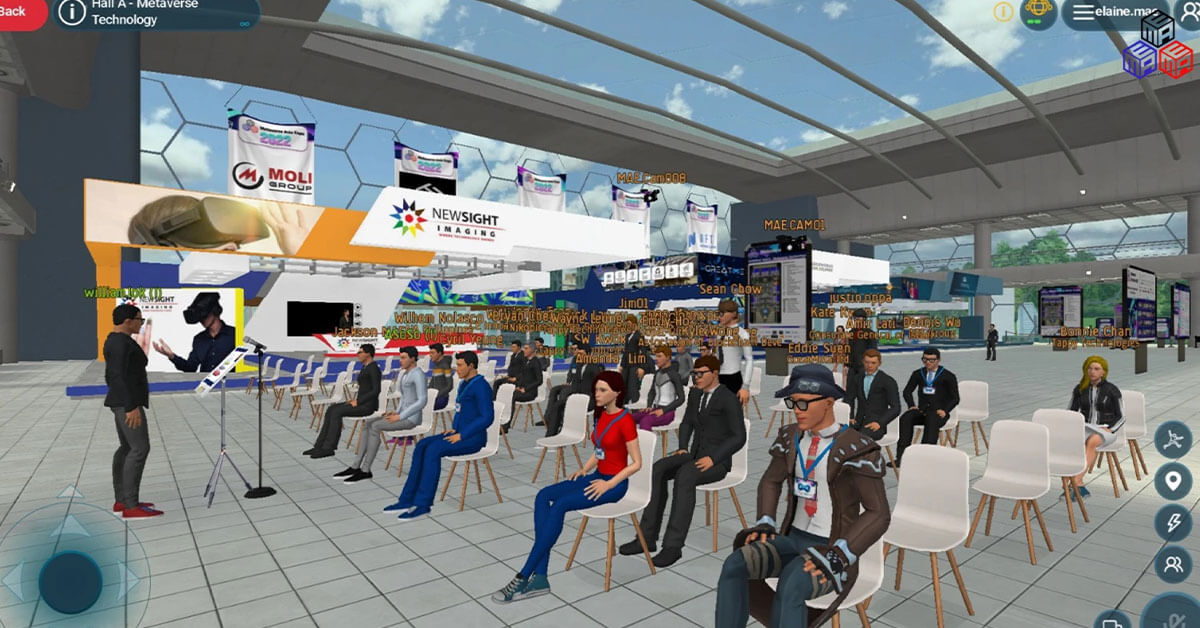
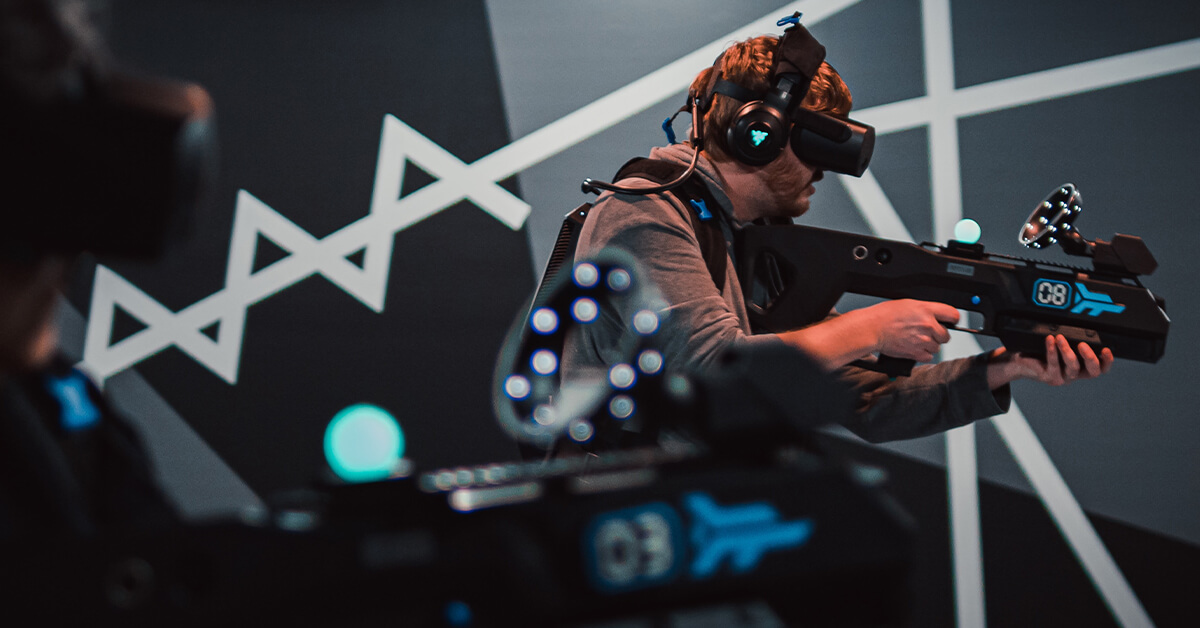
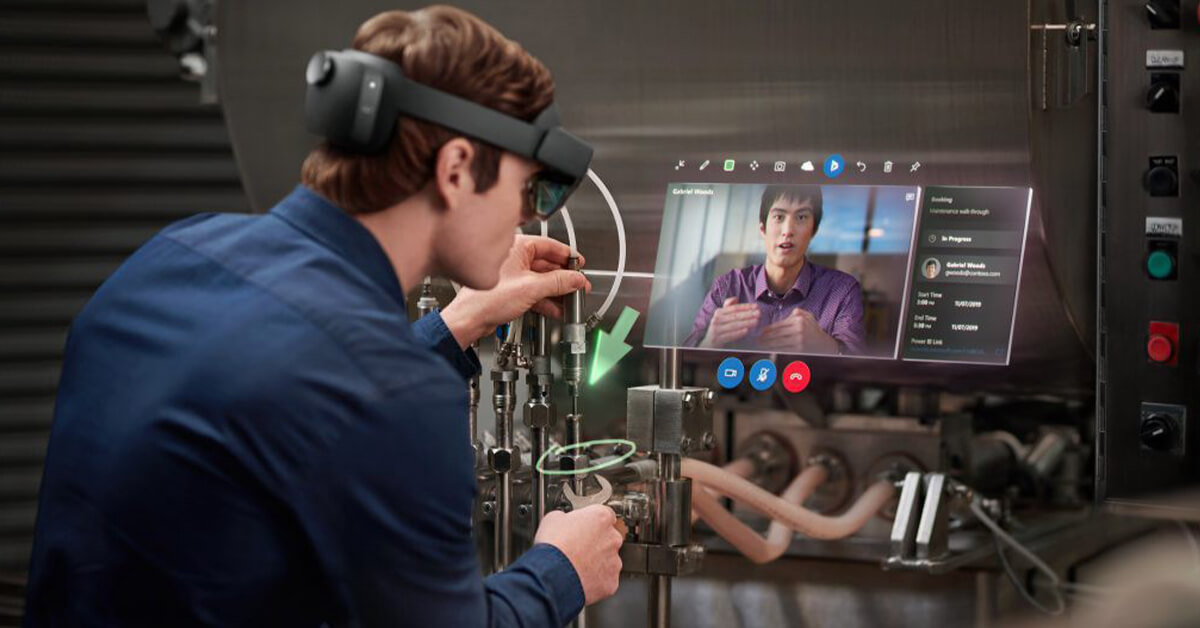
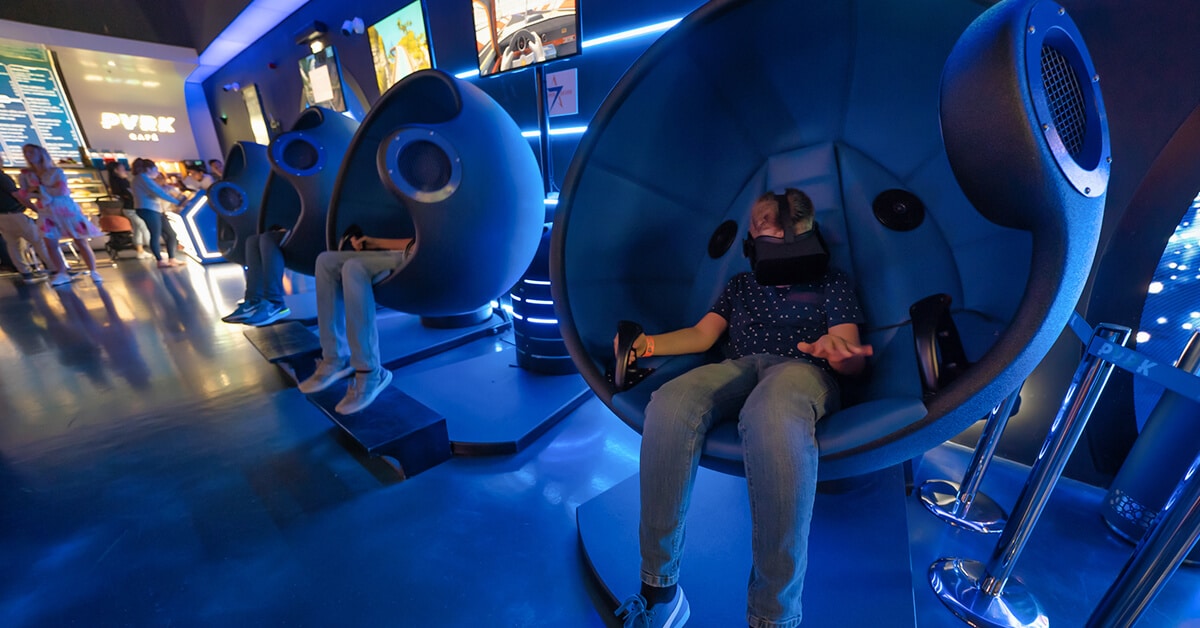

Leave A Comment